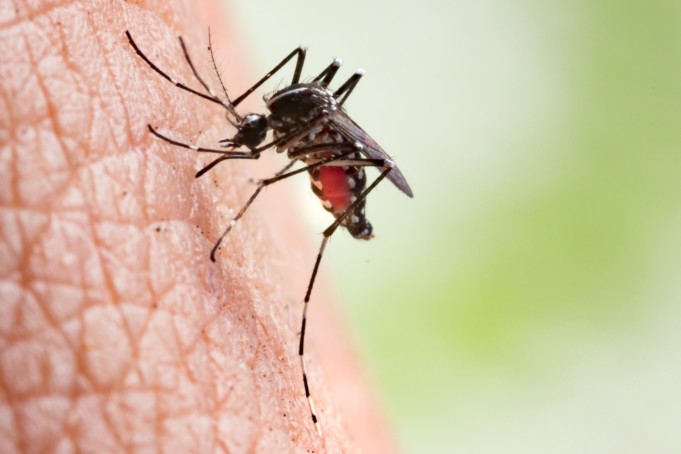This year has been an usually wet one in many places, creating a lot of standing water where mosquitoes can breed. That has caused new concern about the spread of West Nile Virus, since mosquitoes carry it.
How much do we really need to fear it? Let’s look at some facts
- Less than 1% of the mosquito population in any given area will carry the West Nile Virus.
- Most people (70-80%) who are infected with West Nile Virus exhibit no symptoms at all.
- Around 20% of those infected will have a fever and other minor symptoms.
- People who are under 50 (including infants) have fewer symptoms than older people.
- Less than 1% of those people who are infected will develop serious complications.
- (Facts from Centers for Disease Control and Prevention http://www.cdc.gov/westnile/index.html)
- Symptoms include a fever, joint pain, headache, diarrhea, vomiting and a rash. Again, most people recover with little problem, but weakness and fatigue can linger.
- There is no vaccination against West Nile Virus and no prescribed method of treatment other than taking pain relievers, resting, drinking plenty of water and waiting it out. For the more severe cases, intravenous fluids and monitoring may be needed.
- Only rarely do complications appear, but when they do, they can be devastating. Besides the minor symptoms listed above, West Nile Virus can cause neurologic illnesses that include disorientation, tremors, seizures, coma or even permanent paralysis.
- Those with cancer, diabetes, high blood pressure and kidney problems are more susceptible to these serious symptoms. Of the 1% of those who develop these serious symptoms, about 10% will face death.
Since the symptoms of infection don’t show up for anywhere from 2 to 14 days after being bitten by a mosquito that carries it, it can be very difficult to know the area it came from.
Most municipalities and other local government offices spray areas where West Nile is found. They take samplings of the mosquitoes present and test them for the virus, but if you develop it and are sure of where you got it, alert the authorities so they can test for it.
Be Prepared for Mosquito Season explains natural and safe mosquito repellents as well as other ways to avoid being bitten by mosquitoes. while Keep Mosquitoes Away From Your Kids With These Helpful Hints has a list of alternative ways to repel mosquitoes. Both articles will come in handy as we face the mosquito season.
Statistically speaking, West Nile Virus isn’t much to be afraid of, but there is a chance of serious complications, so don’t take unnecessary chances with yours or your children’s health.
This article is for informational purposes only. You should contact your doctor with specific concerns or changes to your or your child’s health.












